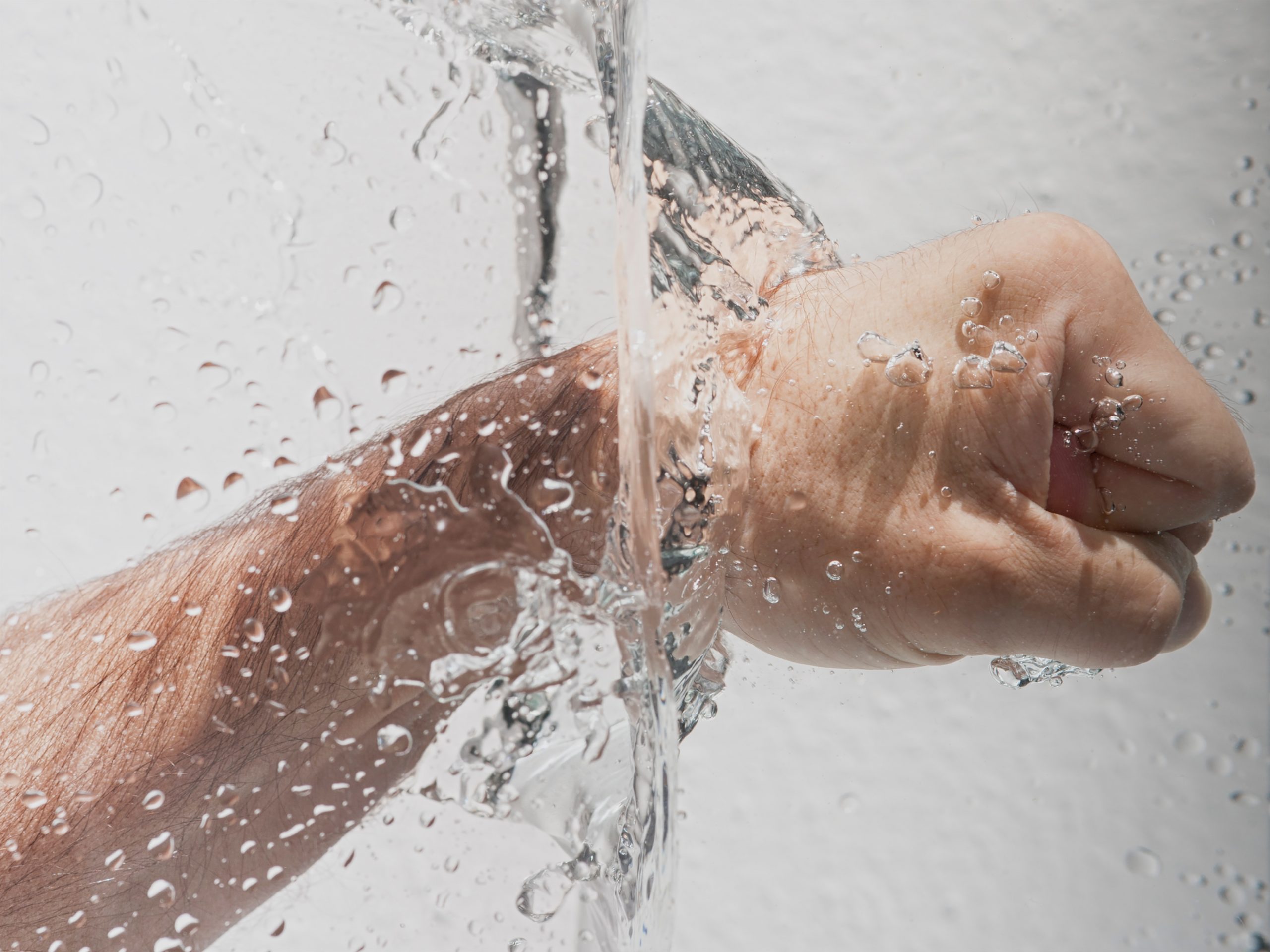When thinking about optimal hydration, how much water should you drink and why? As you’ve heard 100 times, water is the most critical nutrient for human existence, yet still so undervalued in our daily lives. This post will give you essential research-based facts about hydration and simple tips for optimizing it.
Listen to the Blog
Why optimal hydration?
Your body is primarily made of water, from 60 to 80%. Based on these numbers, you would have to agree that water consumption should be one of your very top priorities. But is it? Several studies highlighted that 80% of adults don’t drink enough water, so chances are, you might be one of them.
Hydration is key to maximizing your well-being and performance, as it plays a huge role in body temperature regulation, metabolism, and functioning of the cardiovascular and nervous systems. Even a mild state of dehydration can have significant implications on your welfare, from headaches and tiredness to decreased muscle strength and endurance, just to mention a few.
To sum it up, staying constantly hydrated is a must. A simple way for you to understand how well – or poorly – hydrated you are, is to check how many trips you take to the ladies or gentlemen’s room in a day. If you take that trip rarely, you might not be well hydrated. Not drinking enough, in fact, makes your body preserve water, and it’s linked to several health risk factors.
A good rule of thumb is to drink before you are thirsty, as that’s already a sign of dehydration. So how can you make sure you are well hydrated?
Water quality plays a significant role for optimal hydration
The overall hydration process of what goes in and what comes out is important, but what happens inside on a metabolic level is also vital. So, even though you drink enough, drinking too much can become an issue. Drinking too much plain water will enhance your metabolism, and clean your internal liquid balance, meaning that you may “overclean” your balance of essential electrolytes, a set of minerals.
Sodium, potassium, magnesium, and calcium, among others, are all electrolytes that we get from food and supplements. But why are they important? Electrolytes are essential for many life functions, including cells, our nervous system, and our muscles, so you should strive to get an optimal amount of them.
If you are dehydrated, your electrolyte levels will go above the right amount, while overhydration will lower them under the optimal level. This is where it gets tricky, as most of us can’t directly measure this in our daily lives, but there are some signs you can identify.
As electrolytes have a vital role for your nerves and muscles, the most common way to identify a lack of them is if you feel thirsty even if you drink a lot, have muscle cramps, or feel dizzy after not having drunk in a while or after an exercise.
Physical aspects for optimal hydration
Talking about exercise, hydration plays a key role in performance, injury prevention, and recovery. It’s pretty self-evident given that 80% of our muscles are made out of water, and when you sweat a lot, that number goes down.
There are many variables to consider, such as body size, exercise intensity, duration, environment, and clothing, but just to give you some numbers, track and field athletes lose from half to 3 liters of water per hour. So hydrating yourself is crucial when you do endurance exercise. T
hat you probably knew already, but how about anaerobic efforts such as strength training at the gym? According to Judelson et al., dehydration reduces strength by 2%, power by 3%, and high-intensity endurance by 10%.
How can you avoid all this? The NATA recommends the following: drink about half a liter of water 2 hours prior to exercise, a cup 15 minutes before exercise, and a cup every 15 minutes during exercise. Once you’re finished, you should rehydrate and refuel with drinks that contain sodium to help with water retention, and of course, the usual carbohydrates + proteins to maximize recovery.
Remember, these are just guidelines and are highly dependent on many factors, so you should use them as a starting point to find what works best for you.
Mental and cognitive implications of staying hydrated
Hydration affects you not only physically but also mentally. So let’s talk about its impact on your brain functions, cognition, and mood. Yes, you read right; a simple act like drinking water will affect your mental performance. A
s you have learned, the balance of electrolytes is essential for your cells, muscles, and overall nervous system, which all take part in transporting information from your senses to your brain and back. The speed and flow with which this information flows and moves highly depend on how well-hydrated you are.
So, due to this correlation, dehydration also highly influences your short-term memory, which plays a massive role in the working memory that you use daily to connect simple thoughts while performing several cognitive tasks such as writing, talking, and brainstorming.
But this is not all. Also, your mood and visual perception are negatively affected. On the positive side, drinking water can almost immediately improve your visual perception, short-term memory, and overall mood.
Optimal water intake on a daily basis
It’s time for the million-dollar question: how much water should you drink? 2 to 3 liters depending on your body composition. Use these numbers as a starting point, and remember there’s no one-size-fits-all approach. These are general guidelines, so the amount should vary depending on several factors, including size, activity level, and nutrition.
That’s not all, as there is another important question to answer to: how often should you drink? Chunking down 2 liters in a short window will not keep you well-hydrated. The key is drinking consistently. Start the day with a big glass of water to rehydrate after the night, to which you can add some lemon juice to help detox the body, and some electrolytes or Himalayan salt.
Then, the best thing you can do to ensure you drink enough is to have a big bottle always next to you. It’s that simple. I recommend you choose a bottle with a big opening, as that will help you drink more per sip, and opt for a glass or metal bottle to avoid plastic.
We hope this post gave you everything you need to ensure you stay well hydrated in your journey towards ultimate peak performance.
If you need help with optimizing your hydration, and you’re ready to go Beyond Sapiens, we recommend you read more about our Business & Individual Maximization Coaching programs!






